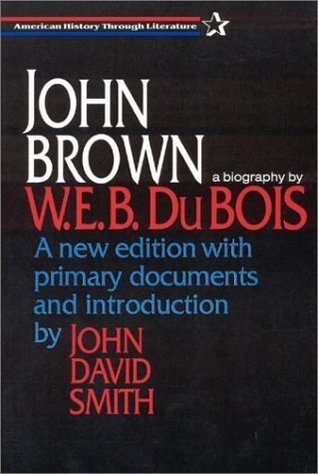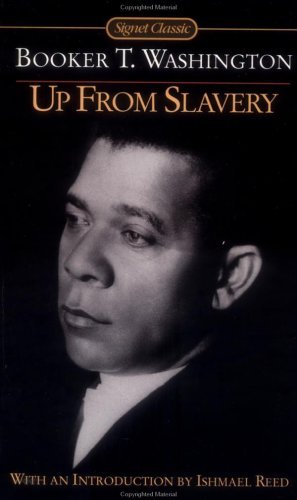
Life and Times of Frederick Douglass
Book Description
A young boy shackled by the chains of slavery rises to become a voice for the voiceless, igniting an unquenchable fire for freedom and justice. "Life and Times of Frederick Douglass" captures the raw, unfiltered journey of a man who speaks truth to power, battling oppression with unyielding courage and eloquence. Through harrowing trials and staggering triumphs, Douglass exposes the brutal realities of enslavement while illuminating a path toward emancipation. With each page, witness the clash of ideals and the relentless pursuit of dignity. Can one man's story galvanize a nation and change the course of history?
Quick Book Summary
“Life and Times of Frederick Douglass” is the powerful autobiography of one of America's most influential abolitionists. Raised in the brutal confines of slavery, Douglass chronicles his harrowing childhood, daring escape, and the challenges he faced as a free man. He lays bare the daily horrors of enslavement, from dehumanizing treatment to enforced ignorance, painting a vivid portrait of human resilience. Douglass not only narrates his personal journey to freedom, but also his transformation into an orator, writer, and leader in the abolitionist movement. His story is a testament to the power of knowledge, self-determination, and unwavering dedication to justice, offering both a searing indictment of slavery and a beacon of hope for equality and human dignity.
Summary of Key Ideas
Table of Contents
The Brutality and Dehumanization of Slavery
Frederick Douglass’s life begins in slavery on a Maryland plantation, where he is torn from his mother and denied all knowledge of his origins. He vividly describes the deprivation and violence experienced at the hands of overseers and masters. The institution of slavery is shown not only as physically punishing but as designed to crush intellect, family bonds, and hope. Despite these efforts to dehumanize him, Douglass’s keen observance of his circumstances kindles the first sparks of resistance and the desire for something more.
The Transformative Power of Literacy and Education
Central to Douglass’s journey is his pursuit of literacy. Barely allowed to learn the alphabet, he teaches himself to read and write in secret. Through books like “The Columbian Orator,” he gains an intellectual arsenal against slavery. Education becomes both a source of personal empowerment and an act of revolutionary defiance. Literacy enables Douglass to understand the broader systems of his oppression and to articulate the fundamental wrongs of slavery, fueling his longing for liberation.
The Journey From Enslavement to Freedom
Risking his life, Douglass orchestrates a bold escape to the North. Emancipation, however, brings its own trials: deceit, poverty, and the constant threat of recapture. Overcoming daunting obstacles, Douglass is embraced by abolitionists and becomes a celebrated speaker and writer. His firsthand testimony is invaluable to the growing anti-slavery movement, transforming abolition from theory to lived reality and inspiring action across the United States and the world.
Advocacy and the Struggle for Racial Justice
Douglass’s activism extends far beyond his own emancipation. He becomes a leading voice not just for abolition but for universal equality, addressing women’s rights, Irish independence, and postwar Reconstruction. Meeting with presidents and advising lawmakers, Douglass argues that freedom without full civil rights is an unfinished promise. He unflinchingly exposes the betrayals and setbacks faced by formerly enslaved people, maintaining a steadfast commitment to justice despite bitter opposition.
The Enduring Pursuit of Equality
In his later years, Douglass reflects on the legacy of slavery and the ongoing fight for equality in post-Civil War America. He contends that progress demands vigilance: the rights of Black Americans and the soul of the nation remain at risk. Through sacrifice, eloquence, and relentless advocacy, Douglass shapes America’s conscience. His memoir endures as both a historical record and a call to moral action, reminding readers that the struggle for justice is never truly over.
Download This Summary
Get a free PDF of this summary instantly — no email required.





